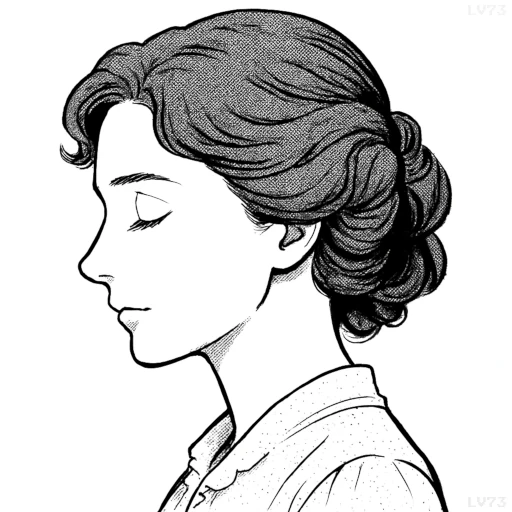“What a blind person needs is not a teacher but another self.”

- June 27, 1880 – June 1, 1968
- American
- Author, educator, human rights activist
table of contents
Quote
“What a blind person needs is not a teacher but another self.”
Explanation
In this quote, Helen Keller suggests that the true support for someone who is blind goes beyond just education or instruction. What they truly need is someone who can deeply understand and share in their experience—someone who is more than just a teacher, but a companion or an ally. Keller emphasizes the importance of empathy and connection, suggesting that a blind person needs someone who can offer not only guidance but also emotional support and a shared sense of experience. This kind of support goes beyond traditional teaching; it requires a deep sense of mutual understanding and companionship.
Keller, who was both deaf and blind, relied heavily on the support of Anne Sullivan, her teacher and lifelong companion, who not only taught her language and how to communicate but also became a vital part of her emotional and personal growth. Sullivan was more than just a teacher to Keller—she was a true partner in her journey. Keller’s words remind us that for individuals facing significant challenges, especially those with disabilities, true support often requires a personal connection that goes beyond formal instruction, one that treats the individual as an equal and recognizes their needs on a deeper level.
In today’s context, Keller’s quote emphasizes the need for companionship and understanding for people facing any kind of challenge or disability. It serves as a reminder that empathy and shared experience are often more valuable than simply providing practical skills or knowledge. This message is especially relevant in the field of education and disability advocacy, where inclusivity and emotional support are key elements in helping individuals thrive. Whether for a person who is blind, someone experiencing mental health challenges, or those facing any hardship, Keller’s words remind us that the greatest help we can provide often comes from being a true ally and supporter, rather than just an instructor.
Would you like to share your impressions or related stories about this quote in the comments section?
